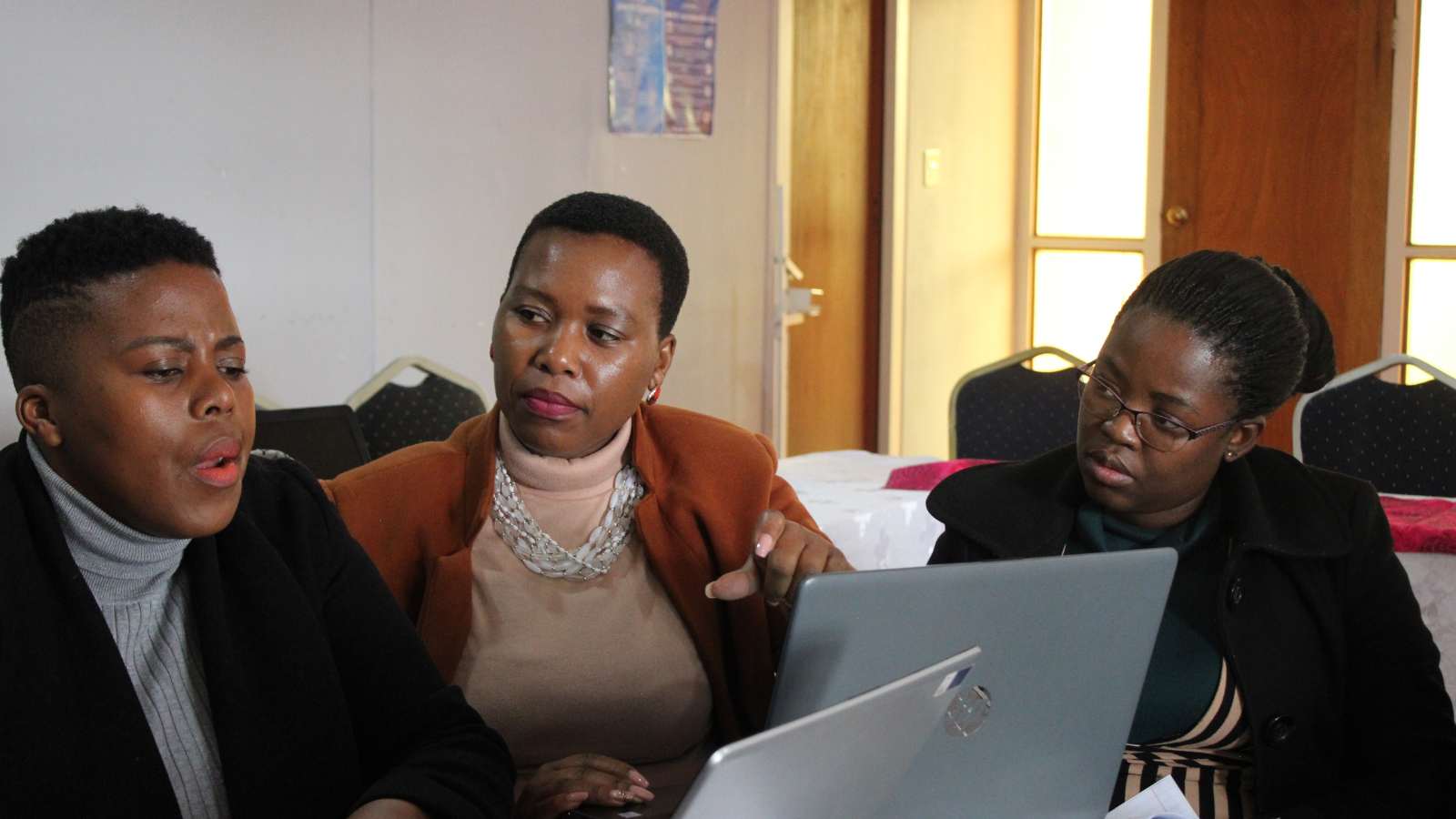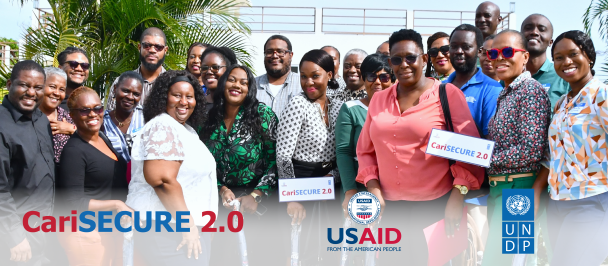Support to Implementation of Lesotho National Reforms Programme
Building “The Lesotho We Want” through enhanced citizen participation in the implementation of Lesotho National Reforms
June 15, 2022

Representatives of Women-led organizations
Mohale's Hoek - Lesotho has a long history of political instability and security concerns mirrored in the current state of political, security and socio-economic crisis that the state and Basotho contend with. The fragility of state institutions, coupled with the unpredictable and unstable political situation render the Mountain Kingdom ambiguous on the probabilities of attaining political stability and strengthened governance institutions.
Following the adoption of Multi-Stakeholder National Dialogue Plenary II Report of 2019, the National Reforms Authority (NRA) was established by the NRA Act, 2019, offering an institutional framework that insulated implementation of national reforms from interference. The legal and institutional framework also provided a platform for Basotho to contribute to the transformation of Lesotho through sustained public conversations on the reforms, national healing, and reconciliation, restoring hope and building “The Lesotho We Want.”
As part of the combined efforts to ensure continued engagements and sustainable implementation of the ongoing Lesotho National Reforms, the Government of Lesotho in partnership with UNDP, with funding from the Delegation of the European Union under the auspices of Support to Implementation of Lesotho National Reforms Programme, a three (3) day priority setting workshop for Civil society, Faith based organizations, Women, youth, and people with disabilities was organized at Mount Maluti Hotel, Mohale’s Hoek to enhance citizen engagement and participation in the reforms implementation process. The overarching objective being to ensure sound reforms implementation upholding the virtues of openness, inclusivity, participation, consensus building and integrity.
In the opening ceremony, the UNDP Resident Representative, Ms. Betty Wabunoha spoke of civil society as an ecosystem that influences social change stating that “Civil society is at its best when people at all levels of society adopt an idea. Over time, this fosters changes in power structures and infuses the new prevailing wisdom into family, society, courts, and businesses.” Thereby affirming the importance of enhanced citizens participation in the implementation of the national reforms. She likened the work of Civil Society to John Locke’s thesis on the social contract, opining that “governments exist only by the consent of the people in order to protect basic rights and promote the common good of society.”
During the three (3) days, participants will focus on setting priorities and implementation arrangements for enhanced citizen participation in the Lesotho national reforms process, generate a collective understanding of the status of implementation of the reforms process, identify and prioritize key issues and strategies to engage in reforms process. Emphasis will also be placed on affirmative action to mainstream issues akin to special interest groups (women, youth, elderly, and people with disabilities) with an anticipated key output being an agreement on criteria for selecting lead organizations and a sampling framework for mapping organisations to facilitate citizen engagement in reforms implementation process.
Speaking at the same Forum Mr. Retselisitso Mohale, Principal Secretary, Ministry of Law, observed that: “Reforms create a grand platform for citizens to embrace a new mindset towards developing strategies for an agreed modality for correcting past wrongs for the benefit of development.”
The Faith-Based Organizations saw the priority setting workshop as an opportunity to articulate and propel proposals that seek to address historical injustices and heal Lesotho as part of the reforms process. Bishop Daneil Rantle, Secretary for Head of Churches reiterated that “the Christian Council of Churches and other Faith-Based Organizations have always maintained that National Reforms Process require an enabling and conducive environment characterized by peace, stability, and reconciliation. In pursuit of this, Christian Council of Churches has proposed a Healing Lesotho which seeks to take Lesotho on the path of realizing harmony, peace, reconciliation, and social cohesion for the benefit of all.”
To Mr Seabata Motsamai, Executive Director of Lesotho Council of Non-Governmental Organizations, “The priority setting workshop is a platform for Civil Society Organizations, Faith Based Organizations, and other special interest groups to reflect on distinct roles in civic engagement in the implementation of national reforms. The CSOs have a role in shepherding the reforms process by keeping the community engaged through feedback in fulfilment of democratic governance principles such as accountability and civic participation.”
The priority setting workshop is being held against the backdrop of debate of the 11th Constitutional Amendment that offers a glimpse to a transformed, peaceful, cohesive, and prosperous Lesotho. The anticipated passage of the Bill will set on stage immense work that include development of enabling legislations and their operationalization which calls for greater participation of citizens to improve the overall democratic governance and economic performance in Lesotho.
UNDP Lesotho with support from Partners including UN Sister Agencies is committed to continue its long-standing tradition of working with the government of Lesotho on the reforms journey.

 Locations
Locations


